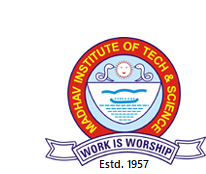
Department of Electrical Engineering
VISION
To Prepare Professionally Competent Electrical Engineers for Global Industrial requirements and Social needs
MISSION
Department of Electrical Engineering is one of the oldest departments estabilished in 1957 at MITS campus The department is dedicated to the teaching and research activities in the areas of Electrical, Electronics, Instrumentation & Control Engineering. The department educates the students to take up challenging jobs in a wide range of industries and engage themselves in research and development activities for the good of society. The syllabi of the courses are continuously updated and the laboratories modernized to reflect the rapid changes in technology. It also offers high quality research in the (ME and Ph.D.) Programs. Courses offered by the department cater to learning needs from basics to the advanced level. Department offers variety of discipline electives and covers most of the modern technologies. It has state of the art laboratories to provide hands on experiences and support research activities.

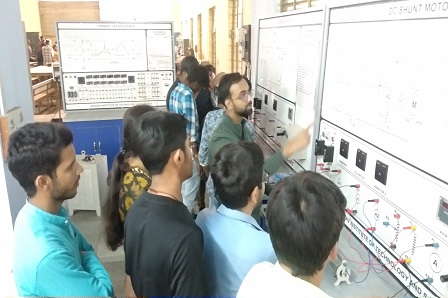
Under graduate Lab: Major experiments are related to: Transformer efficiency, regulation, SC and OC test : Induction Machine efficiency, regulation, SC and OC test : Synchronous Machine efficiency, regulation, SC and OC test : DC Machine: Speed Control, C

Under graduate and Post graduate Lab: Major experiments are related to : Basic Mathematical experiments using MATLAB : Simulation of various engineering problems in MATLAB and other tools : ANN toolbox application : Fuzzy toolbox application: Optimizatio
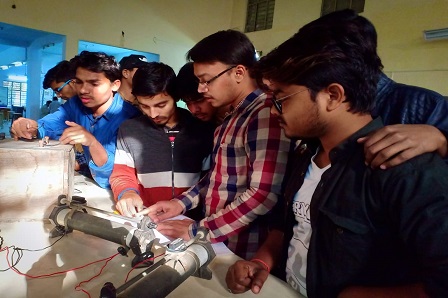
Under graduate Lab: Major experiments are related to : Resistance Measurement using bridges, megger : Bridges for inductance and capacitance measurement : Energy meter and transducer characteristics : DIGIAC1750 kit applications etc.
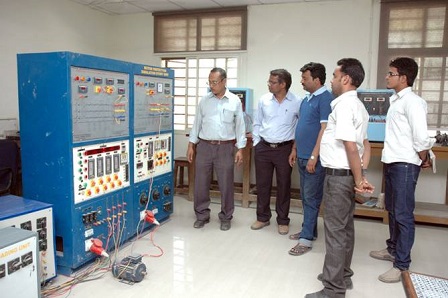
Under graduate Lab: Major experiments are related to:Line parameters calculation like R, L and C : A, B, C, D parameter calculation : Fault analysis : Power factor improvement etc.
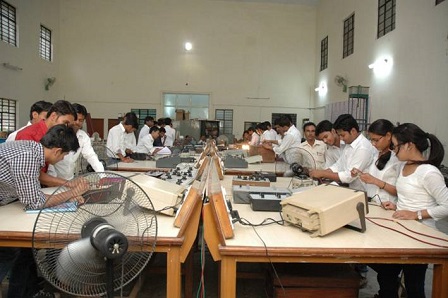
Under graduate Lab: Major experiments are related to : Thevenins Theorem : Nortons Theorem : Superposition Theorem : Reciprocity Theorem etc.
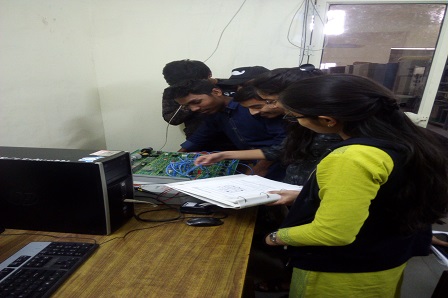
Under graduate Lab: Major experiments are related to : Compensators: Lag, Lead, Lag-Lead : Controller: P, PI, PD, PID : Stepper Motor : Temperature Control etc.
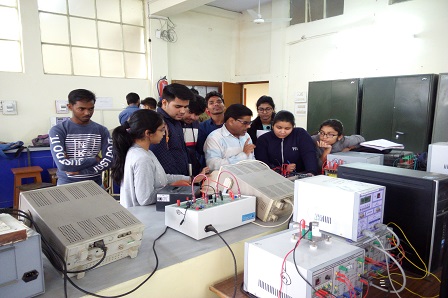
Under graduate and Post graduate Lab: Major experiments are related to : Different power electronics device characteristic : Snubber circuit : Inverter, Rectifier, Chopper, Converter etc : Power electronic application to electric machines etc.
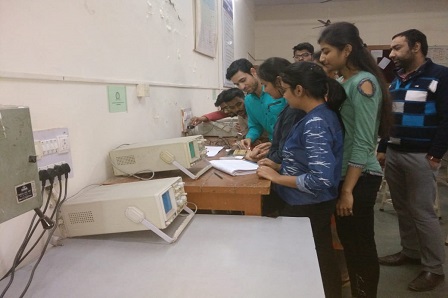
Under graduate Lab: Major experiments are related to : Logic gates implementation using kit (OR, AND, NAND etc) : OP-amp application : Microprocessor coding : Microprocessor interfacing etc.
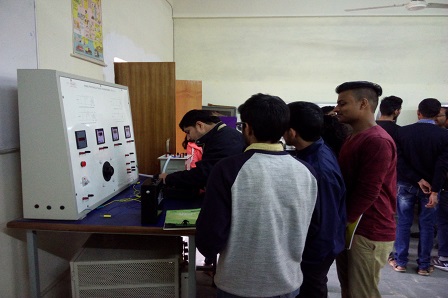
Under graduate Lab (1st Year): Major experiments are related to : Transformer efficiency, SC and OC test : DC Machine overview : Multimeter : KCL and KVL: Choke coil inductance and resistance calculation etc.
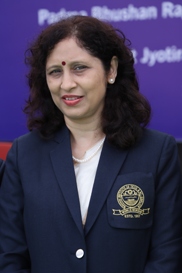
Area of Interest: Evolutionary optimization techniques for Power System optimization
E-Mail: [email protected] Contact: 0751-2409380
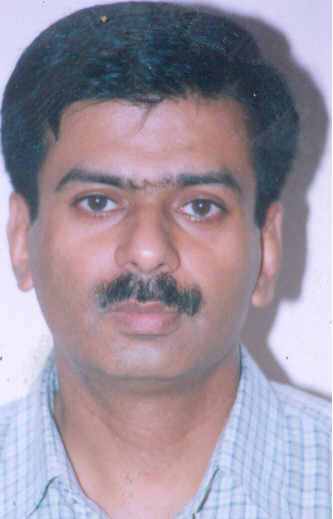
Area of Interest: Application of Soft Computing Techniques in Biomedical signals
E-Mail: [email protected] Contact: 0751-2409212
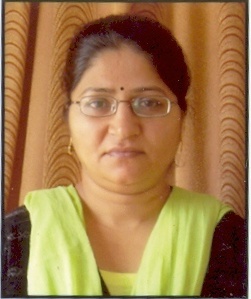
Area of Interest: Condition monitoring of Electrical Machine
E-Mail: [email protected] Contact: 0751-2409212

Area of Interest: Control System Electrical Machine
E-Mail: [email protected] Contact: 9425755085
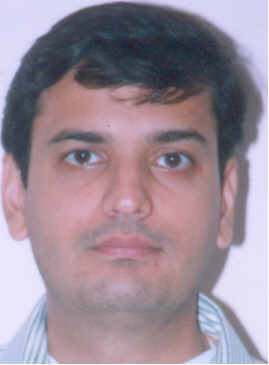
Area of Interest: Heavy Elect. Equipment, Power System
E-Mail: [email protected] Contact:

Area of Interest: Industrial Systems & Drives
E-Mail: [email protected] Contact:
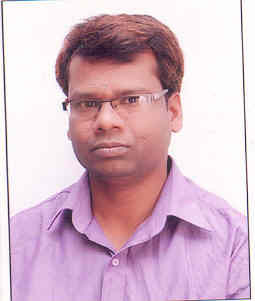
Area of Interest: Electrical Machine Drives
E-Mail: [email protected] Contact: 2409215

Area of Interest: Heavy Elect. Equipment
E-Mail: [email protected] Contact: 2409213

Area of Interest: Industrial Systems & Drives
E-Mail: [email protected] Contact:
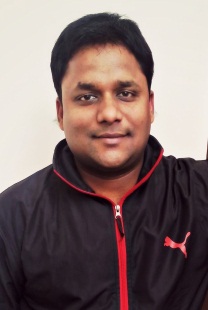
Area of Interest: Electrical Machines Power Electronics & Electrical Drives
E-Mail: [email protected] Contact:
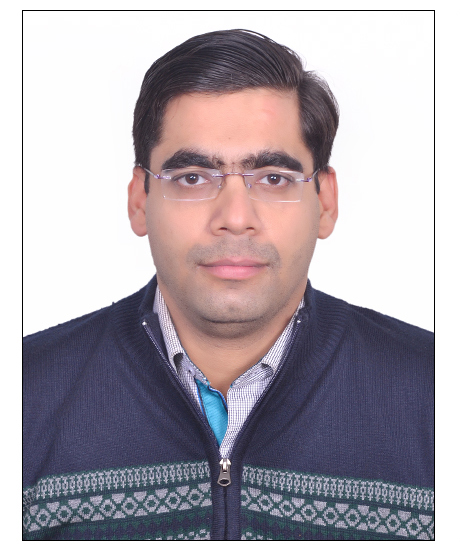
Area of Interest: Industrial Systems & Drives Power system
E-Mail: [email protected] Contact:
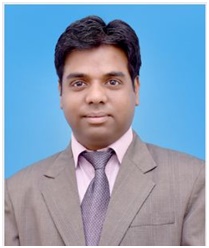
Area of Interest: Solar Roof top PV, Energy Audits & Management
E-Mail: [email protected] Contact:
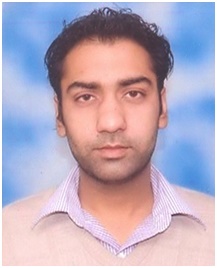
Area of Interest: Control Systems
E-Mail: [email protected] Contact:
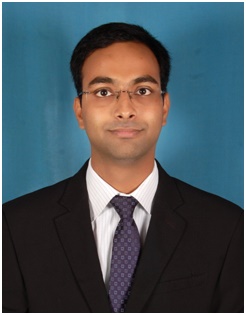
Area of Interest: Solar Photovoltaic, Microgrid
E-Mail: [email protected] Contact:
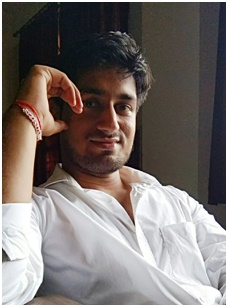
Area of Interest: Renewable Energy Systems
E-Mail: [email protected] Contact:
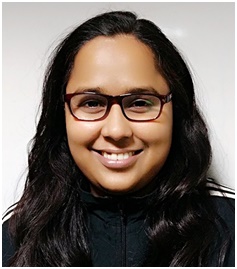
Area of Interest: Power Systems
E-Mail: [email protected] Contact:
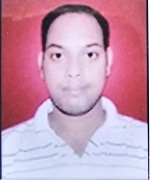
Area of Interest: Power Electronics and Electrical Drives Systems
E-Mail: [email protected] Contact:

Area of Interest: Bio-Instrumentation, Transducer, Biomedical signal processing, Wireless Sensor
E-Mail: [email protected] Contact:
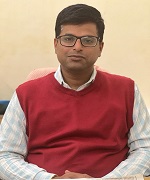
Area of Interest: Application of intelligent computational techniques in power system control, Energy Storage Systems,Renewable Energy Systems
E-Mail: [email protected] Contact:
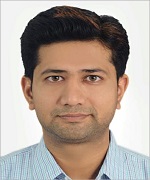
Area of Interest: Energy Management, Solid Waste Management, Science, Technology and Society, Smart CIty, Urban Governance, Green Energy and Vehicles.
E-Mail: [email protected] Contact:
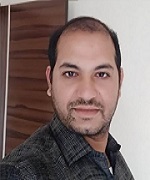
Area of Interest: Hybrid renewable energy system, Power system
E-Mail: [email protected] Contact:
| Name | Contact |
|---|---|
| Mr. Rajendra Singh Yadav | 9425619963 |
| Mr. Devendra Singh | 9329207080 |
| Mrs. Shashi Goel | 9406969157 |
| Mr. Y. D. Jaital | 9407208321 |
| Mr. R.P. Gupta | 9425114341 |
| Mr. Rajesh Sharma | 9839409809 |
| Mrs. S Khare | 7773892756 |
PO1 Engineering Knowledge: Apply the knowledge of mathematics, science, engineering fundamentals, and an engineering specialization to the solution of complex engineering problems.
PO2 Problem Analysis: Identify, formulate, review research literature, and analyze complex engineering problems reaching substantiated conclusions using first principles of mathematics, natural sciences, and engineering sciences.
PO3 Design/Development of Solutions: Design solutions for complex engineering problems and design system components or processes that meet the specified needs with appropriate consideration for the public health and safety, and the cultural, societal, and environmental considerations.
PO4 Conduct Investigations of Complex Problems: Use research-based knowledge and research methods including design of experiments, analysis and interpretation of data, and synthesis of the information to provide valid conclusions..
PO5 Modern Tool Usage: Create, select, and apply appropriate techniques, resources, and modern engineering and IT tools including prediction and modeling to complex engineering activities with an understanding of the limitations.
PO6 The Engineer and Society: Apply reasoning informed by the contextual knowledge to assess societal, health, safety, legal and cultural issues and the consequent responsibilities relevant to the professional engineering practice. \
PO7 Environment and Sustainability: Understand the impact of the professional engineering solutions in societal and environmental contexts, and demonstrate the knowledge of, and need for sustainable development.
PO8 Ethics: Apply ethical principles and commit to professional ethics and responsibilities and norms of the engineering practice.
PO9 Individual and Team work: Function effectively as an individual, and as a member or leader in diverse teams, and in multidisciplinary settings.
PO10 Communication: Communicate effectively on complex engineering activities with the engineering community and with society at large, such as, being able to comprehend and write effective reports and design documentation, make effective presentations, and give and receive clear instructions.
PO11 Project management and Finance: Demonstrate knowledge and understanding of the engineering and management principles and apply these to ones own work, as a member and leader in a team, to manage projects and in multidisciplinary environments.
PO12 Life-long Learning: Recognize the need for, and have the preparation and ability to engage in independent and life-long learning in the broadest context of technological change.
PSO1 Power System Operation & Control: Graduates will be able to demonstrate proficiency in the planning, operation & control of Electrical Power System.
PSO2 AI Based Computations: Graduates will be able to apply various artificial intelligent techniques like neural network, fuzzy logic & various nature inspired evolutionary computational methods for the solution of complex engineering problems using MATLAB environment.
©2018 MITS, Gwalior Web Administrative Team
